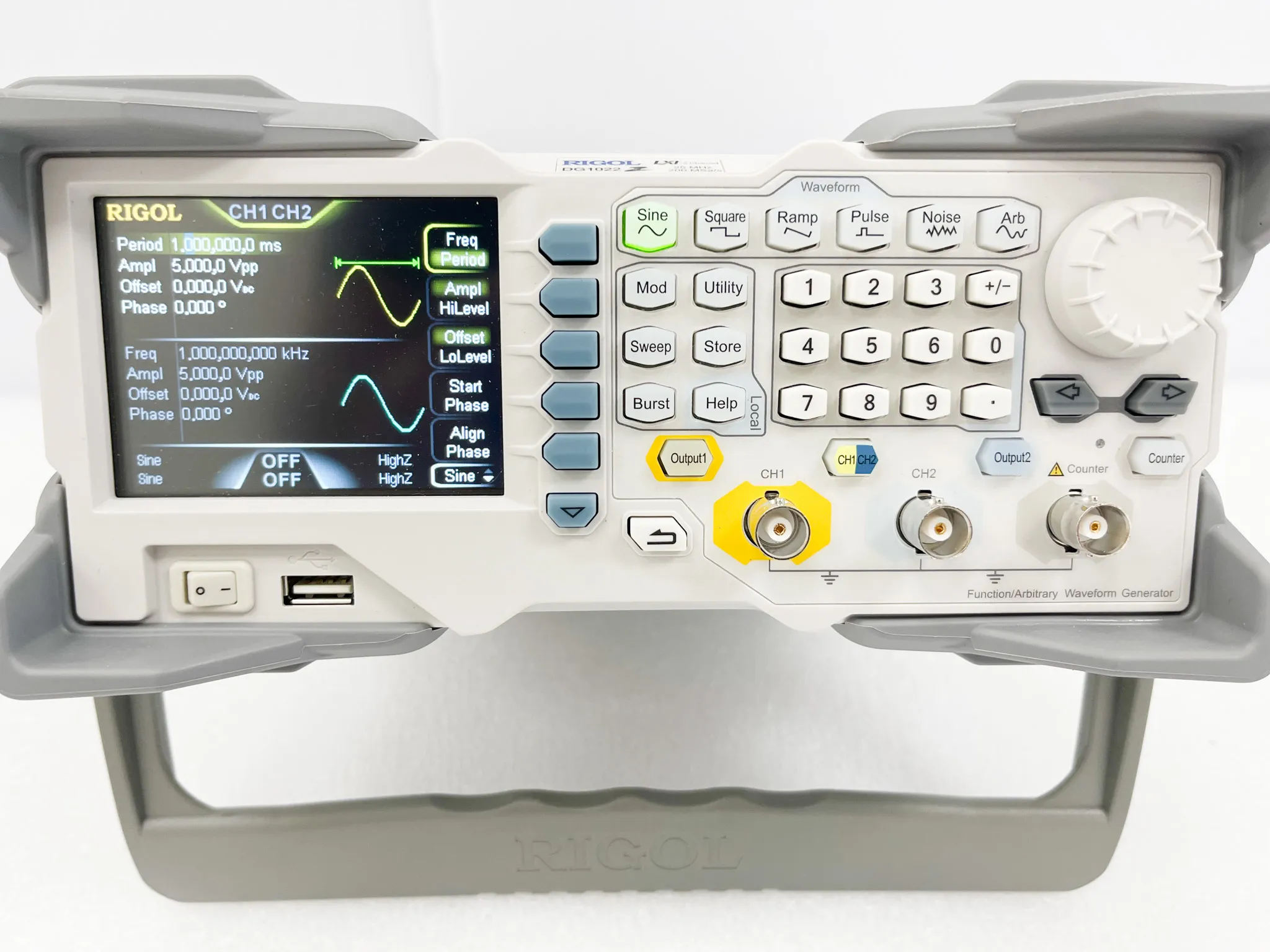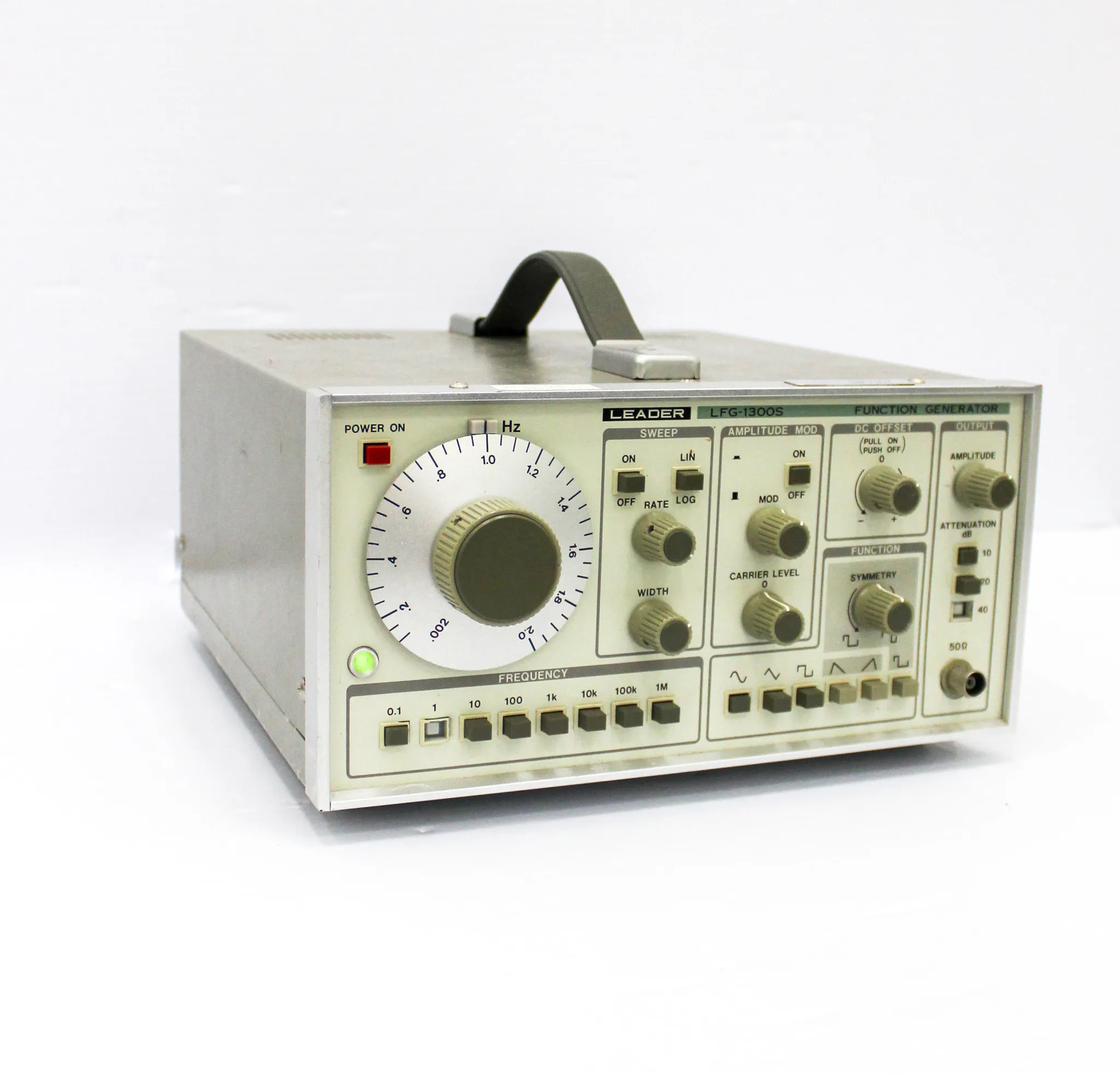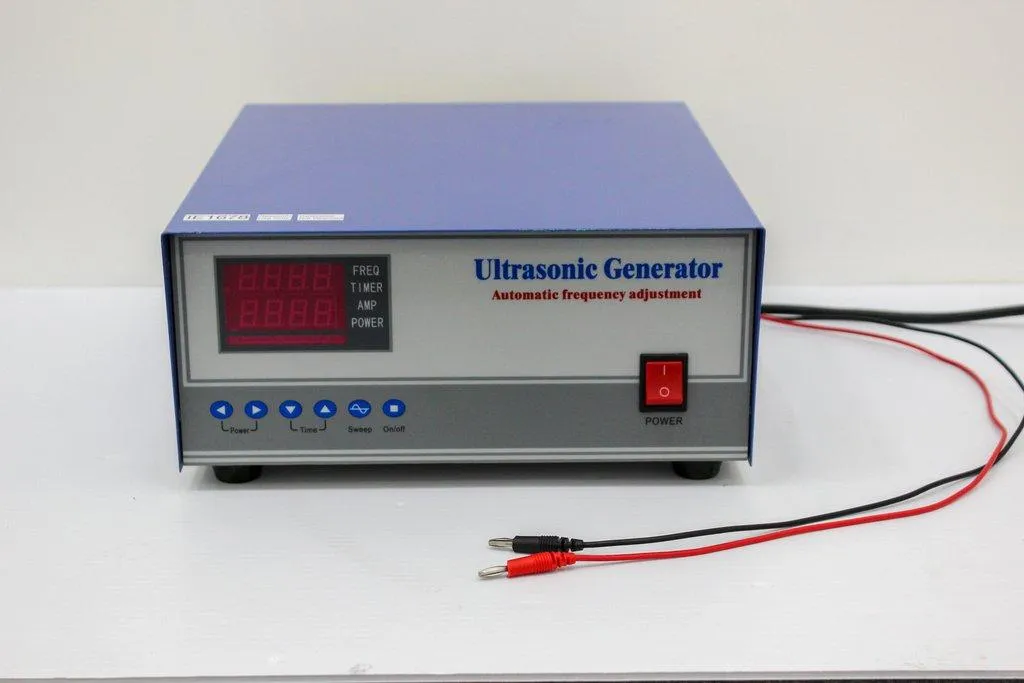Explore our range of Pulse Generator for precise signal testing and simulation. Ideal for use in electronics and telecommunications. Shop now for reliable and versatile Pulse Generator. Fast shipping and excellent customer support.
Pulse Generator
Price Filter
$40.00 - $2,000.00Product Region
Product Condition
Product Warranty
Browse By Category
Question & Answers For:
Pulse Generator
Past Questions, Helpful Answers.
What is a pulse generator used for?
A pulse generator is used to create electrical pulses for testing and simulating signals in electronics, telecommunications, and other applications. It helps evaluate circuit performance and system behavior under controlled conditions.
What types of signals can a pulse generator produce?
Most pulse generators can produce square, rectangular, and other waveform pulses with adjustable frequency, amplitude, and duty cycle, making them versatile for different testing needs.
Can this pulse generator be used for microcontroller or FPGA testing?
Yes, pulse generators are commonly used to test microcontrollers, FPGAs, and other digital circuits by providing precise clock signals and triggering events in the system.
Is this pulse generator suitable for RF applications?
Yes, some pulse generators can be used for RF testing, depending on their frequency range and signal integrity. Be sure to check the specifications to ensure compatibility with your RF application.
How do I control the frequency and pulse width?
Most pulse generators allow you to adjust frequency and pulse width through manual controls, digital interfaces, or software, depending on the model.
Can I synchronize the pulse generator with other equipment?
Yes, many pulse generators offer external triggering and synchronization options to work with oscilloscopes, signal analyzers, and other test equipment.
What power source does the pulse generator require?
Power requirements vary by model, but most pulse generators operate on standard AC power or DC power supplies. Always check the specifications for compatibility.
Is this pulse generator capable of producing high-frequency pulses?
The frequency range depends on the model. Some pulse generators are designed for low-frequency applications, while others can generate pulses in the MHz or GHz range.
Does the pulse generator support dual-channel output?
Some models feature dual-channel output for generating synchronized or independent pulse signals. Check the product specifications for details.
Can this pulse generator be connected to a computer for control?
Many modern pulse generators offer USB, Ethernet, or GPIB interfaces for remote control via a computer, allowing automation and precise adjustments.


